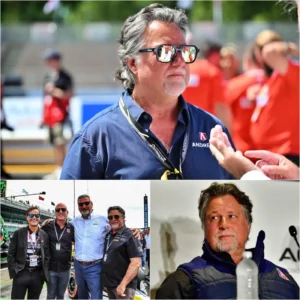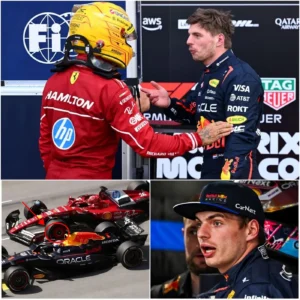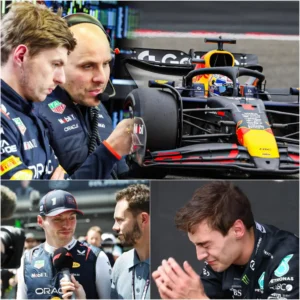Kalle Rovanperä, the two-time world rally champion, has once again raised the issue of the clarity of the rules of the World Rally Championship. After his crushing victory in the Canary Islands Rally, where he dominated 15 of the 18 special stages, Rovanperä called for clear changes to the series’ rules, especially the length of the race days and the technical regulations. According to him, the current rules give organizers too much freedom, which jeopardizes safety and fairness. Even more surprising was the decision of the organizing committee, which rejected a protest from a rival team about the alleged technology in Rovanperä’s car that violated the rules, but at the same time warned Toyota about moving on the edge of technical interpretations. This decision has sparked heated debate in rally circles.
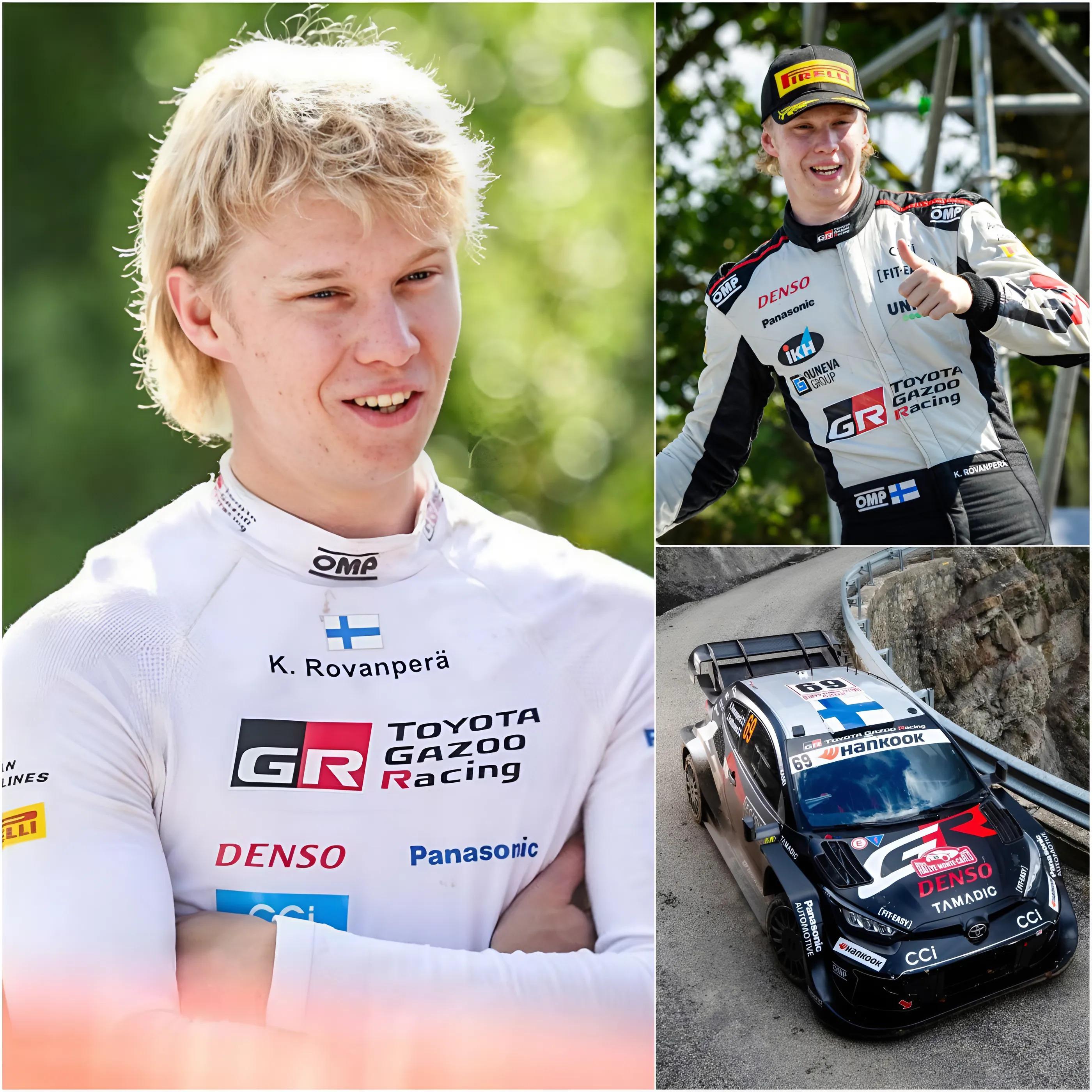
Rovanperä’s comments on the rule changes date back to the World Rally Championship in Portugal, where he finished third. At the time, he criticized the long driving days, which stretched up to 15 hours, and called for stricter restrictions on the length of the days in the name of safety. “We need clear rules that ensure that drivers do not drive exhausted. Four hours of sleep a night makes no sense,” Rovanperä told MTV Uutis. He suggested that race days should start later, for example at 9 a.m., so that drivers can get enough rest. In Portugal, he drove 1,733.84 kilometers, most of which on public roads, which highlighted safety concerns. According to Rovanperä, the FIA’s road safety campaign is at odds with such a tough schedule.
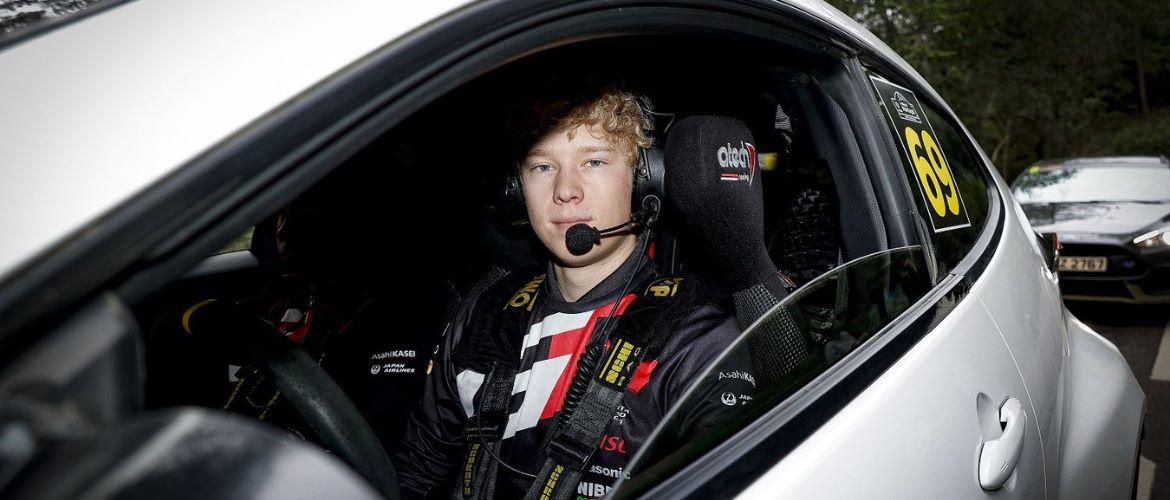
After the Canary Islands Rally, the controversy took a new turn when a rival team, rumoured to be Hyundai, protested the technical adjustments to Rovanperä’s Toyota GR Yaris Rally1 car. They claimed that Toyota’s new regulations, particularly the optimisation of the Hankook tyres, gave them an unfair advantage. An FIA inspection confirmed that the car complied with the rules, but the organising committee warned Toyota for “moving beyond the limits of technical interpretation”. This decision was surprising as it did not include any concrete sanctions, but it did suggest that Toyota’s innovations had attracted attention. Rovanperä told Autosport: “Some losers complain, but we do our job well. The rules need to be written clearly to stop these protests.”
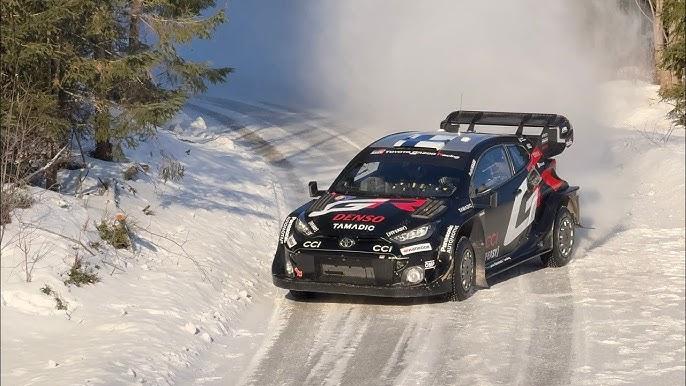
Rovanperä has had a strong 2025 season, despite disappointing early season results in Monte Carlo and Sweden. The win in the Canary Islands was his first podium finish and he is second in the championship, 30 points behind Elfyn Evans. His adaptation to the Hankook tyres, which replaced the previous tyres in the 2025 season, has been key. Rovanperä has used his experience in track racing, such as the Porsche Carrera Cup, and testing in the Red Bull F1 car, to improve his driving skills on tarmac. The clean tarmac race in the Canary Islands showed his ability to control his car at the limit, but also raised doubts among his competitors.
The decision by the organizing committee has drawn mixed reactions. In X, Rovanperä’s fans are praising his outspokenness, such as “Kalle is putting the complainers in order!” Others are questioning Toyota’s technical solutions, even though the FIA inspection found no violations. Jari-Matti Latvala, Toyota’s team principal, defended Rovanperä: “Kalle drives with skill, and we optimize the car within the rules.” Competitors such as Ott Tänak have been more muted in their comments, but after Tänak’s dominance in Portugal, his team has hinted that the interpretation of the rules needs clarity.
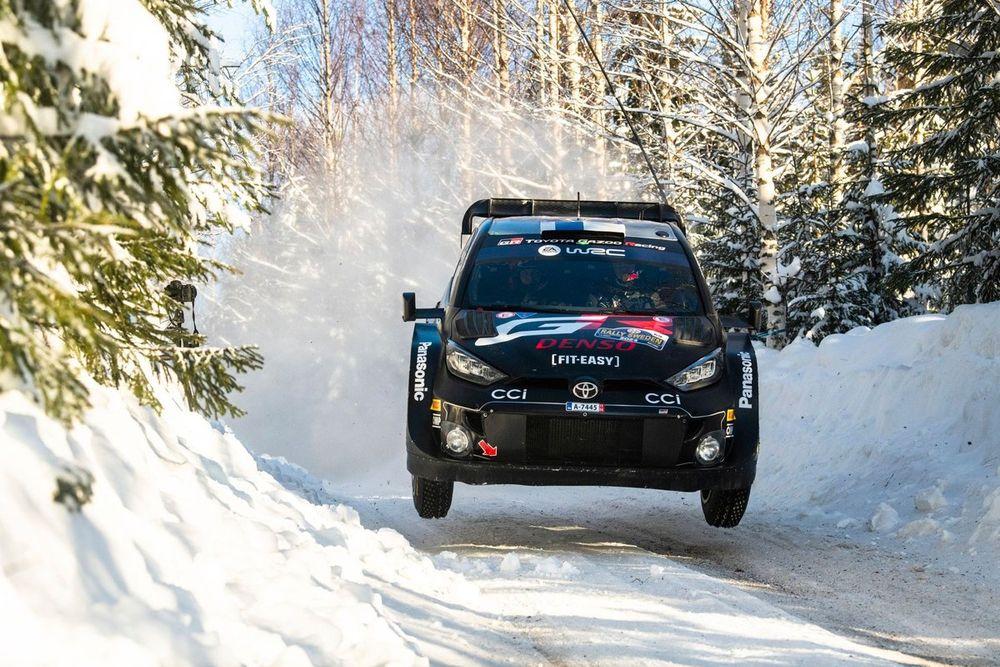
Rovanperä’s demand for clear rules also extends to points calculation and technical regulations. In the 2025 season, points calculation was simplified, but Rovanperä wants stricter technical guidelines so that teams are not left to interpretation. According to him, vague rules lead to protests that take attention away from driving performances. The organizing committee’s warning to Toyota has been interpreted as a cautious message that innovations will be closely monitored.
Rovanperä’s season continues with Rally Canada, where the gravel surface brings new challenges. His versatility – Dubai 24 Hours, enduro team and F1 testing – makes him a formidable opponent. Events in Portugal and the Canary Islands show that he is not afraid to stand up for himself on and off the track. The FIA must now respond to his demands for clear rules, or the controversy could continue. Rovanperä is aiming for a third world championship, and his determination could change not only his career but also the future of the World Rally Championship.

